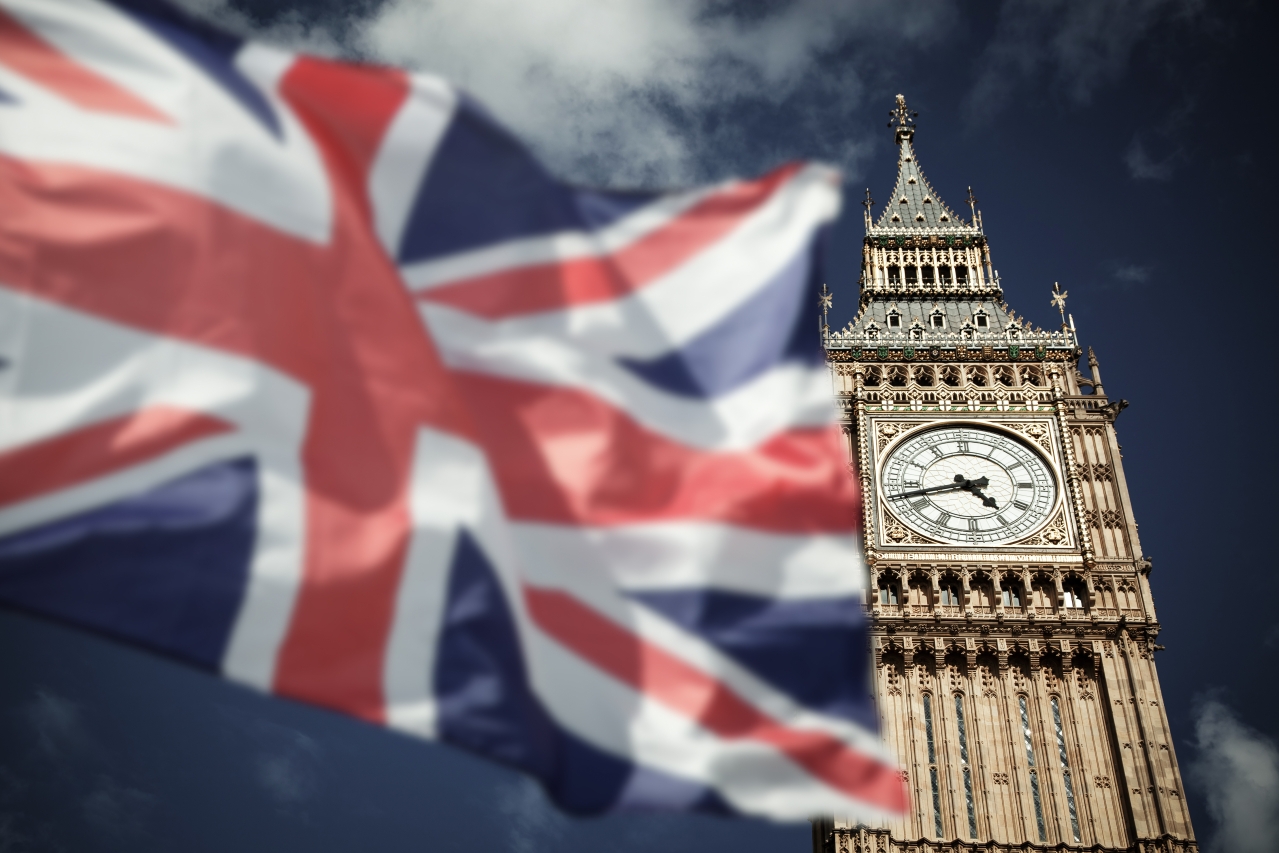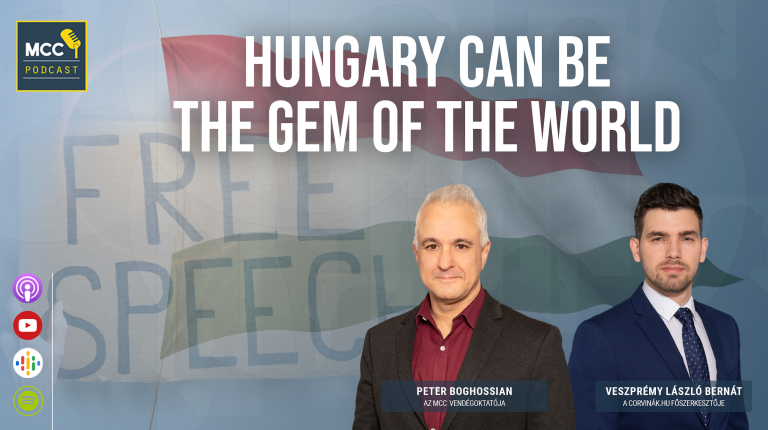There are few if any parallels in the history of Britain - a nation that had come to epitomise political stability, having avoided both invasion and revolution for well over 300 years - for the political changes wrought in a single week in early September 2022.
Our longest reigning monarch’s final - and perhaps fatal - act was to accept the resignation of one Prime Minister, Boris Johnson, and invite a new one - Liz Truss - to take his place. Within forty-eight hours, we had not only seen a ‘Charlie’ succeeded by a Liz, but Elizabeth II by Charles III.
In the literal and national wake for the dead Queen, we’ve seen the social and economic tissue of the body politic convulse. In Leicester, communal violence has broken out, as tensions flare between Hindus and Muslim communities. And as its first significant act, the Truss Government have declared unprecedented tax cuts, which financial markets greeted by crashing the value of the pound, dropping its value in relation to the dollar to historic lows.
In combination with the myriad pre-existing crises - not least the escalating energy crisis, widespread disruption from unions arguing for decent wages, and the continental conflict - Truss faces a problem of disorientation, with few stable points by which to plot a political bearing.
Her predecessor, of course, faced some similar challenges in the slipstream of Brexit. Johnson’s approach was largely reliant less on plotting a course through the very real challenges he faced, than on bending our very perception of what was in fact real.
In common with a handful of other charismatic leaders, Johnson had a rare capacity to so distort the political and cultural landscape through which he passed - as a star warps the fabric of spacetime - that it was always difficult to assess whether his government was succeeding or failing. Every point of fact was contested, relativised, and ultimately forgotten.
Like Trump, Johnson defied political gravity for as long as he did precisely because he was a greater cause of it than anything else in the fabric of the culture.
In the end, like a dying star, Johnson collapsed under the weight of his own contradictions, thrown out or abandoned by those closest to him, rather than by the electorate. Bomb-proof Boris was, it turned out, not immune to spontaneous combustion.
Perhaps it is unfair to compare the two, although it goes without saying that Truss does not have Johnson’s advantage of charm or charisma. But what she lacks in political mass, she seems determined to make up with political energy, in the hope that the two are - in life as in physics - fundamentally equivalent.
In the absence of any clear and stable information on what in fact is, this energy is being directed instead by a pure sense of what ought to be. Weeks into office, it is clear hers is a fundamentally ideological government. Most notably, her Chancellor, Kwasi Kwarteng, is adopting positions that are as close to libertarian as Britain has ever seen.
On his announcement, for instance, that the top rate of tax will be cut from 45% to 40%, one could almost hear a collective intake of breath from across the political spectrum. Rarely has such a consequential policy decision been so purely informed by an uncompromising faith in an ideological position.
That decision - one among many bold declarations and policy changes - has been, within the conservative Daily Telegraph alone, described as everything from ‘the best Budget I have ever heard a British Chancellor deliver’, to a ‘risky breath of fresh air’, to a ‘tax cluster bomb [that] risks blowing up the UK’s credibility’, and as an exercise in ‘playing A-Level [i.e. high school] economics’.
Predicting whether the plan ultimately works in reversing the British economy’s downward trend is a fool’s game. Anyone who believes they know the outcome in advance is tricking themselves - there are too many variables at play to have any reason for such confidence.
What is certain, however, is that this is perhaps the last chance to test the free market fundamentalist theory that swept into power, and ultimately bipartisan orthodoxy across the Anglosphere, with Thatcher’s election in 1979.
Over the years, its appeal has decayed with the decadent society it has wrought. The Truss Government are betting not only the house, but everyone’s home, on a belief that the problem with the ideology was not that it was pushed too far, but that it was never pushed far enough.
Whether their approach proves a panacea to a long-ailing society, now also dealing with the fallout from a mishandled pandemic, or whether it is simply doctrinaire posturing, remains to be seen. If they fail, not only will it bring down the Government, but perhaps mark an ignominious and self-inflicted end to the long era of stability that was synonymous with the Second Elizabethan age.
Doing one or both these things would, inevitably, also sound the death knell for the free market ideology that propelled it, for the theory will have lost a crucial and very public encounter with reality. For this reason alone, all eyes should be on Britain over the next twelve months.









